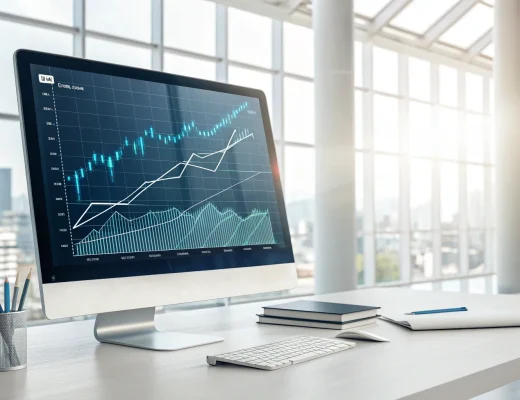Warren Buffett’s Berkshire Hathaway stock outperformed the S&P 500 in 2024. The company’s shares rose by 27.1% last year, while the S&P 500 gained 24.1%. This strong performance helped Berkshire Hathaway reach a $1 trillion market capitalization for the first time.
Buffett’s investment firm has a history of beating the market over the long term. Over the past 20 years, Berkshire Hathaway delivered an average annual return of 12.1%. In comparison, the S&P 500 averaged 11.5% per year.
Berkshire’s cumulative return over that period was 669%, surpassing the S&P 500’s 621.2% total return including dividends. The best year for the S&P 500 was 2013, when it gained 32.3%. Berkshire Hathaway nearly matched that with a 32.2% return the same year.
Both the S&P 500 and Berkshire Hathaway saw their worst years in 2008 during the financial crisis.
Berkshire Hathaway’s continued market outperformance
The S&P 500 fell 36.8% that year, while Berkshire fared slightly better with a 32.1% decline.
The S&P 500’s most recent down year was 2022, when it dropped 17.5%. Berkshire Hathaway last had a losing year in 2015, falling 12.1%. Head-to-head, Berkshire Hathaway beat the S&P 500 in 11 of the past 20 years.
The S&P 500 outperformed Berkshire in the other 9 years. This track record demonstrates Buffett’s investing skill and the resilience of Berkshire Hathaway’s business model. Analysts attribute Berkshire’s success to Buffett’s leadership and the company’s diverse portfolio of investments and wholly owned businesses.
With a large cash position, Berkshire is well positioned to make acquisitions and weather market downturns. Many experts predict Berkshire Hathaway will continue to outperform the broader market in the years ahead. However, at age 94, questions remain about Berkshire’s future after Buffett is no longer at the helm.
Investors are watching closely to see how the company evolves and performs in the post-Buffett era.







